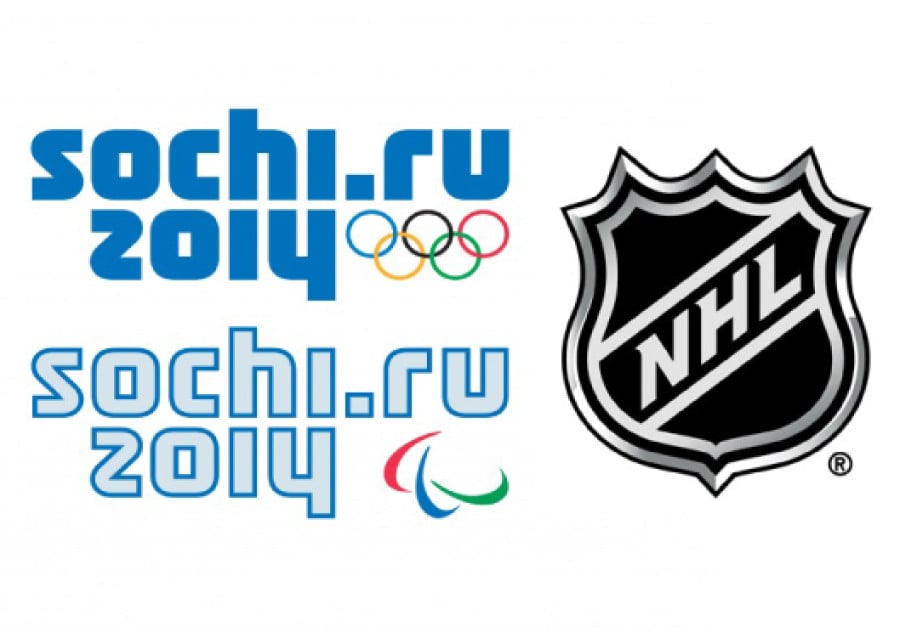The Games must go on: 2014 Sochi Winter Olympic Games and the National Hockey League

The Olympic Winter Games have become immensely popular around the world and continue to grow at an impressive rate as demonstrated by the 1.822 billion viewers who tuned in to the 2010 Games in Vancouver, Canada.1
Men's ice hockey has developed into a marquee event for the Games, the popularity of which can be attributed, in large part, to the participation of National Hockey League (NHL) players.2 Despite the popularity of the men's ice hockey tournament, the NHL and the National Hockey League Players Association (NHLPA) were hesitant to allow their players to participate in the 2014 Sochi Winter Olympic Games. The NHL and NHLPA's hesitation to go to the Games was largely due to the rising cost of player insurance, and restrictions on the NHLs ability to commercialize their participation in the tournament.3
In order for the NHL to participate in the Winter Olympic Games, the NHL had to come to terms not only with the NHLPA, but also with the International Olympic Committee (IOC) and the International Ice Hockey Federation (IIHF). Throughout the early months of 2013, the NHL and NHLPA met with the IOC and the IIHF to discuss the parameters of an agreement that would allow NHL players to participate in the Sochi Games. These discussions occurred on the heels of a contentious Collective Bargaining Agreement (CBA) negotiation between the NHL and the NHLPA.4 Prior CBA's had stipulated the League's intent to participate in the Winter Olympic Games. For example, the 2005 CBA indicated that the NHL and the NHLPA were committed to participating in the 2006 and 2010 Winter Olympic Games.5 Article 24.8 of the 2005 CBA provided "[t]he NHL and the NHLPA commit to participate in the 2006 and 2010 Winter Olympics, subject to negotiation of mutually acceptable terms with the IIHF."6 However, in the current CBA, the NHL and NHLPA did not make a statement of commitment to participate in future Winter Olympic Games. Instead, the NHL and NHLPA agreed to discuss terms with IIHF and the IOC with regards to the NHLs participation in the 2014 Sochi Winter Olympic Games and other international competitions.7
The NHL and the NHLPA had agreed to keep the CBA silent on the issue of Olympic participation for several reasons. One major reason stems from the fact that the IOC has traditionally limited the NHL's ability to commercialize their participation in the Games. In response to this, the League expressed a desire to expand its international presence through the revitalization of the World Cup and other potential international tournaments. These other tournaments would allow the NHL more flexibility to commercialize the participation of their players than the Olympics has traditionally allowed. The League wanted to be free to explore these opportunities without a contractual obligation to the Olympics.8 Additionally, by keeping the CBA silent on the issue, the League was able to increase its leverage with the IOC and thereby put the NHL and NHLPA in a position to negotiate a more favorable agreement.
NHL and the Games
To continue reading or watching login or register here
Already a member? Sign in
Get access to all of the expert analysis and commentary at LawInSport including articles, webinars, conference videos and podcast transcripts. Find out more here.
- Tags: Collective Bargaining Agreement | Employment Law | Ice Hockey | NHL | Olympic | United States of America (USA)
Related Articles
- KHL, NHL conference realignment and the 2014 Sochi Olympics
- The effect of the NHL's CBA on European players and international ice-hockey
- Potential legal issues arising from the Sochi Games, World Cup Brazil and Glasgow 2014
- Andy Parkinson to lead WADA Independent Observer Program at Sochi 2014
- Tougher regulation on head protection needed for skiing and cycling
Written by
Ryan Lake
Ryan is an American attorney at Lake Law Group, LLC and a sports consultant at Beyond the Playbook. He works extensively on ice hockey, soccer, baseball, basketball and Olympic movement issues. Ryan is also an Adjunct Professor at St. John’s University School of Law.




